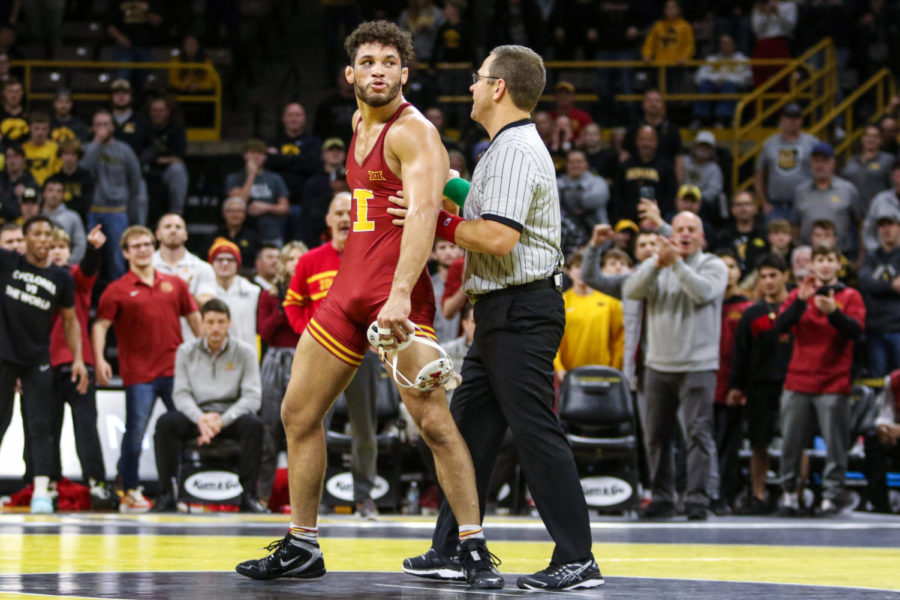Letter to the editor: Paranoid concerns about Duncan
October 23, 2000
John Weaver and Paul Duncan are not using their positions as student leaders to further their Veishea referendum. Both asked ISU9 and the Daily not to use their titles during debate on the subject to no avail.
Not all the members of the residence halls support this effort. I am neutral on this topic as a whole. Being that no referendum has occurred yet, I can’t say how everyone feels and neither can Mr. Duncan or Mr. Weaver. The point of any referendum is to determine the course of action the people as a whole would want.
I have heard the argument that student leaders should not express truly controversial viewpoints, since people might think that they represent the viewpoints of their constituency when they do so. Well, they were elected to act as representatives, so if they express an opinion that their constituents don’t like, their constituents will tell them.
Mr. Weaver and Mr. Duncan made it clear that they represented their own interests on this matter.
Now we have an attempt to remove Mr. Duncan from the GSB Finance Committee due to his involvement with the Veishea referendum. The logic behind this attempt is that Mr. Duncan would be unfairly biased towards funding issues concerning Veishea, or any of the nearly 40 organizations involved with Veishea that GSB funds.
Yet Mr. Duncan, during Special Allocations a couple of weeks ago, voted to give groups funds for electricity for their Veishea displays. I wonder if the people behind the attempt to remove Mr. Duncan knew this.
Mr. Duncan has not committed any inappropriate actions as a member of the finance committee. The people who want him removed from finance committee surely know this. The main reason for his removal is the fact that he dared to attack Veishea.
If Mr. Duncan is removed for expressing his opinion, then this student body loses a knowledgeable and capable person. And they lose him to the paranoid concerns of a certain few.
The supporters of Veishea need to bring forth these issues. In that way, they can reach a greater part of the student body and get them involved with the yearly celebration while dealing with the problems of the past, and showing how they would solve these problems.
I am not overly concerned with an elected leader expressing their opinion (with some common sense and within the letter of the law) as Mr. Weaver and Mr. Duncan have done. I am concerned, however, when free speech and open communication are sacrificed in order to further the agendas of any person or group, as is being attempted here.
Andrew P KothenbeutelJuniorGenetics






